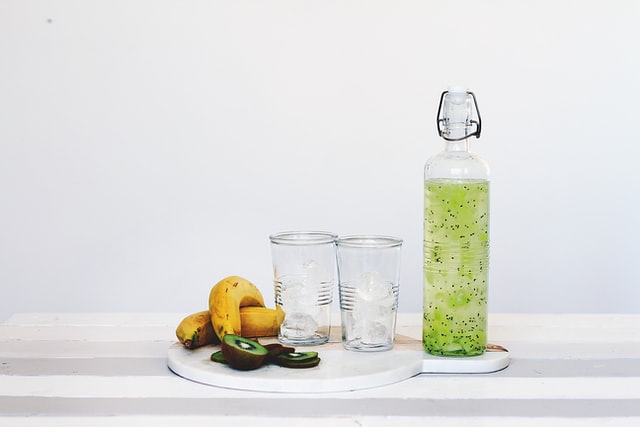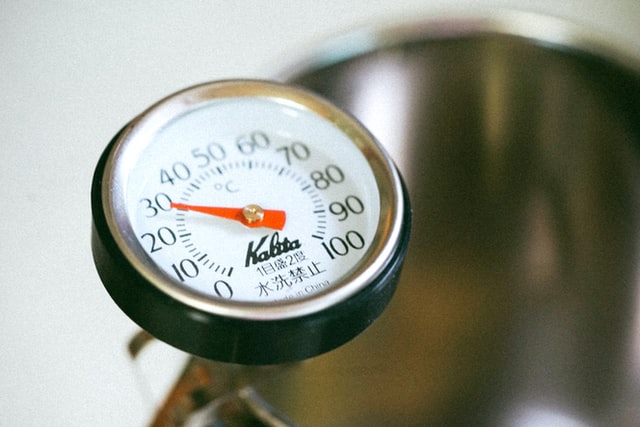- Sep 12, 2022
Preserve Your Drink With Natural Preservatives
Across the report of Consumer Behavior 2021 by PWC, consumers tend to focus more on their health and environment than before. According to its research, more than 50% choose the products based on their origin and transparency. In particular with those absorbed directly into the body, such as beverages.
That is why beverage preservation seems an immense concern. Even though most preservatives are safe, they still contain hidden potential health risks. Luckily, preservation is not just about chemicals. Beverage preservatives are defined into 2 types - synthetic preservatives and natural preservatives.
Preservation with synthetic chemicals
This is a common form of preservation in industrial beverage production, helping to prolong shelf life and ensure product quality during packaging and transportation.
Some chemicals are added to foods and drinks to slow down the process of food spoiling, discoloring or becoming contaminated by bacteria and other disease-causing organisms.
What is natural preservation?
The combination of applying physical methods - fermentation, freezing, drying comes with natural ingredients such as vegetables, spices, and herbs.
Like the synthetic one, this method aims to extend the shelf life, and pH control, and inhibit the growth of microorganisms. Plus, it helps to enhance the beverage’s taste and minimize health risks.
Natural preservatives
To provide a profound understanding in case this topic catches your attention, here are 3 ingredients to preserve your drink, which is also very popular in the beverage preservation industry with the outstanding benefits and effects, and
Lemon

As you know, lemon is a succulent and rich house of vitamin C. This substance is also known as ascorbic acid, which carries great antioxidant effects, to maintain skin health and protects cells from free radicals. Therefore, lemon is widely used in the healthcare industry, beauty products, aromatherapy, and of course, food preservation is no exception.
Adding a few drops of lemon juice to the drinks will prevent fermentation, slow down oxidation, and keep the drink stay fresher and longer.
Salt

This is a substance that you can easily find everywhere and is normally used for food marination. Salt contains sorbic acid, which controls microbial growths and molds. It’s functional as a beverage preservative as well.
Rosemary

Rosemary is well-known for its versatile health benefits and relaxing scent. It’s traditionally used as a seasoning in culinary, as well as an indispensable natural fragrance ingredient for body care and scented products like soap, essential oils, or perfume.
Rosemary is hugely packed with acid rosmarinic - a potential ingredient to retain the taste and color of food and beverage.
Other unique information we need to know before processing the preservation
Besides choosing the right ingredients, the following external factors can also affect the quality of preservation.
Containers

Priority chooses containers made from glass. This is a good heat-resistant and retention material. Glass jars with metal lids are excellent at sealing out air and avoiding antioxidants. Remember to keep them fully clean and sterilized before storing them.
Temperature

Different beverages can be stored for a wide range of temperatures, for example, juice 8˚C-10˚C, filtered water from 12˚C to 15˚C. Make sure your drink is placed in cool places and avoid direct sunlight.
Conclusion
Although natural preservatives bring more beneficial effects, you must consult your doctor’s opinion if allergic to any of these. Or try to make enough servings for each day to ensure freshness.











